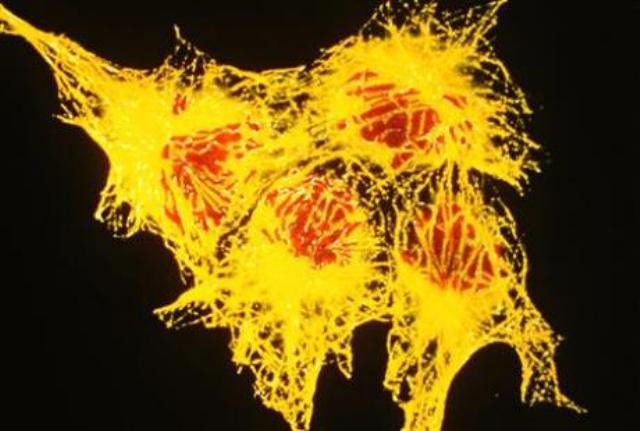
“There are five trained oncologists in the Punjab. Four are retiring this year with nobody to replace them. There is a dearth of competent oncologist and currently there isn’t even a single pediatric oncologist in Punjab,” said Oncology Society of Pakistan President Prof Muhammad Arshad Cheema on Saturday.
Prof Cheema was addressing doctors at the Fifth National Cancer Surgery Conference at a local hotel. Professor Cheema, also Head of Surgery at King Edward Medical University, said 40% of deaths due to cancer could be prevented if the disease was diagnosed early. He said infrastructure needed to be strengthened, adding that Mayo Hospital, the largest hospital in Pakistan, didn’t even have an MRI machine. He said cancer patients couldn’t be handled by oncologists alone and doctors from several disciplines need to work together to treat them.
“Cancer is a frequent killer all over the world. It is the second leading cause of death in our country. The majority of cancer patients are first seen and managed by surgeons. Surgery alone cures 60% of cancer patients which is why the Surgical Oncology Society Pakistan organises the National Cancer Surgery Conference every year,” he said.
The two-day surgical conference was attended by more than 500 cancer surgeons from all over the country, including district and tehsil headquarters surgeons.
Earlier, a cancer surgery workshop was held at Jinnah Hospital on Friday in which state-of-the-art laparoscopic and open cancer operations were broadcast live from the Surgical Operation Theater II for the participants in Jinnah Auditorium. Professors from the USA, UK, Sweden and Holland delivered lectures live through a video conferencing.
On Saturday, over 50 surgeons presented research work on cancer surgery. Director General Health Dr Nisar Cheema said palliative care of cancer patients was very important and requested the Health Department to remove hurdles which barred the provision of morphine at hospitals. “Patients in pain cannot be denied morphine just because of fear that some people might misuse it,” he added. Dr Cheema asked SOS to provide him with a list of essential medicines and equipment to treat cancer patients, adding that he would get these together at the earliest.
Prof Shehryar said retention of doctors was a big issue in Pakistan. “I have trained 11 oncologists but all have left. They went to the UK, Saudi Arabia and other countries where they were offered better pay packages. We have to revise pay structures for our assistant professors if we want to retain brilliant doctors,” he added. He said every year some 3 million cancer patients were reported in Pakistan which he added was a modest figure.
Former Allama Iqbal Medical College principal Prof Javed Akram said liver cancer was becoming a grave threat in the country. He said every day one or two patients who needed liver tranplants were visiting OPDs. He said there were 20 million hepatitis C patients in the country, 25,000 of the total were getting treatment.
Prof Akram said studies showed 40% of school going children in Pakistan were suffering from obesity. “Obesity is a pre-cancerous condition in many cases and not even many doctors know about this. Doctors should also look into this,” he added.
Prof Khalid Masud Gondal said the media could play an important role in creating awareness about cancer and should create awareness. He said many patients went to quacks who now even carried advertisements on TV channels and newspapers claiming they could treat every disease ranging from hepatitis, liver cancer, diabetes to breast cancer. He said such quacks often were responsible for deaths of many patients. He said the College of Physicians and Surgeons (CPSP), of which he is regional head, had started a fellowship in oncology.
Lahore Medical and Dental College Principal Prof Majeed Chaudhary said cancer patients could not be properly treated unless family physicians were strengthened. Medals and certificates were distributed among the participants.
Published in The Express Tribune, February 3rd, 2013.

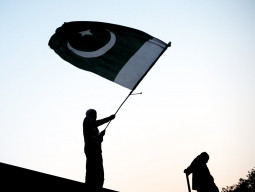
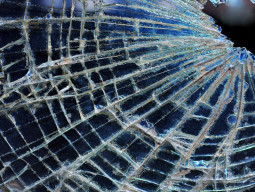

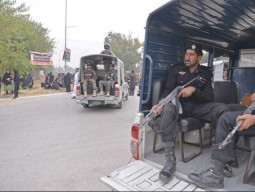

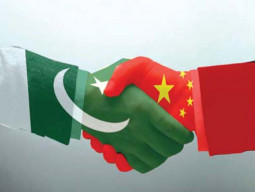
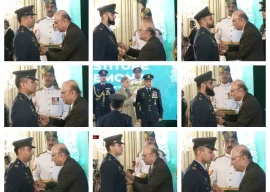
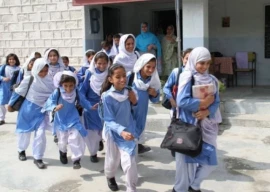

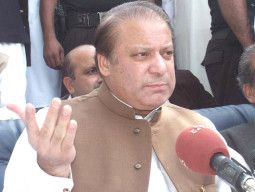

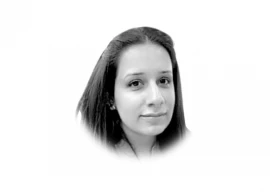

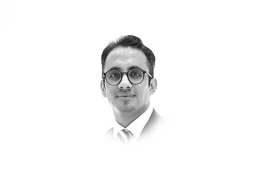




COMMENTS
Comments are moderated and generally will be posted if they are on-topic and not abusive.
For more information, please see our Comments FAQ